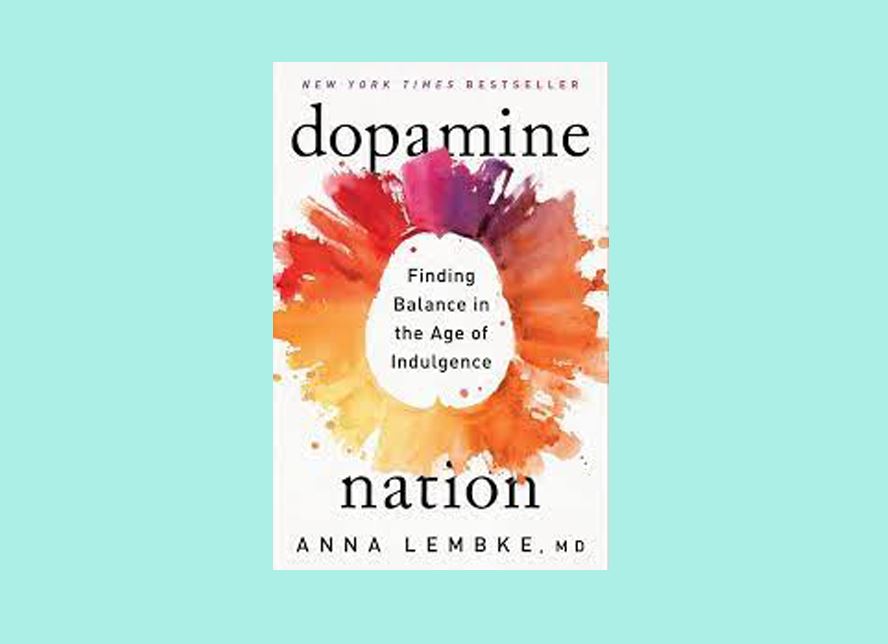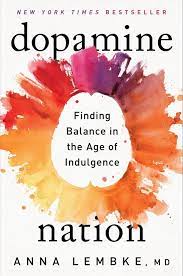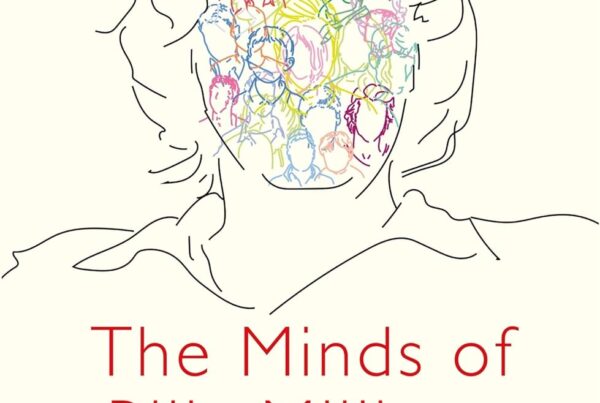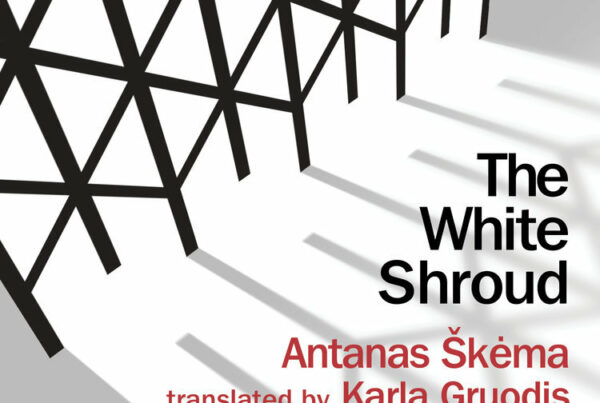
The Dopamine Nation, written by Anna Lembke, aims to explain human’s chase for pleasure in an easily digestible manner. Anna Lembke is a psychiatrist as well as a professor at Stanford. She holds several positions at Stanford and is a well-known figure in the field of addiction, with more than a hundred published peer-reviewed papers and being a recipient of many awards for her research and teaching. In only 150 pages or so, she has brought the usual scientific and complex neurological explanations to life through metaphors and made the explanations engaging by adding a human touch through relevant anecdotes of her clients’ experiences, her experience, and a colleague’s experience.
The book catches our attention right from the first page of the first chapter, diving straight into the experience of one of Anna’s patients – a problem of a sexual nature. The first three chapters set the foundation of the book by exploring the basic and main constructs related to dopamine and addiction in relation to three real-life experiences from clients and Anna. These three chapters follow the overarching idea of exploring human’s search for pleasure. The next three chapters go through some treatment approaches. Starting with the fourth chapter, Anna goes through a treatment approach with the acronym: DOPAMINE. In the fifth chapter, Anna explains another type of technique – binding – of which there are three types. The last three chapters introduce new characters with the overarching theme of exploring attraction to pain. Finally, the author concludes with several sound pieces of advice centering around the main idea of finding balance between pain and pleasure through seeking meaningful pleasure in our lives, rather than chasing after fleeting pleasures that fuel our inclination (if any) to escape this world.
In general, it almost feels as if you’re reading a collection of stories – and who doesn’t love to read stories. However, interspersed amongst these stories are simplified explanations of how rewarding experiences affect one’s dopamine system and consequently how one’s perceptions of pain and pleasure are altered, potentially leading to addiction. While having a background in neuroscience and psychology would be beneficial in having an in-depth understanding of this topic, I would recommend this book to those who are curious about addiction and how our dopamine system interacts with the phenomenon of addiction. This book provides a good introduction and layman explanation of addiction – a good starter before delving deeper into scientific literature. I am no expert in dopamine or addiction but I can imagine that for those who have accumulated much knowledge about addiction and the dopamine system, this book could be a nice read to see the topic from a different perspective (I think the metaphor captures the workings of dopamine quite nicely) and ground the scientific process of addiction in human experiences through the stories told.
Available at your local book store or online, starting from €23,49.

The Dopamine Nation, written by Anna Lembke, aims to explain human’s chase for pleasure in an easily digestible manner. Anna Lembke is a psychiatrist as well as a professor at Stanford. She holds several positions at Stanford and is a well-known figure in the field of addiction, with more than a hundred published peer-reviewed papers and being a recipient of many awards for her research and teaching. In only 150 pages or so, she has brought the usual scientific and complex neurological explanations to life through metaphors and made the explanations engaging by adding a human touch through relevant anecdotes of her clients’ experiences, her experience, and a colleague’s experience.
The book catches our attention right from the first page of the first chapter, diving straight into the experience of one of Anna’s patients – a problem of a sexual nature. The first three chapters set the foundation of the book by exploring the basic and main constructs related to dopamine and addiction in relation to three real-life experiences from clients and Anna. These three chapters follow the overarching idea of exploring human’s search for pleasure. The next three chapters go through some treatment approaches. Starting with the fourth chapter, Anna goes through a treatment approach with the acronym: DOPAMINE. In the fifth chapter, Anna explains another type of technique – binding – of which there are three types. The last three chapters introduce new characters with the overarching theme of exploring attraction to pain. Finally, the author concludes with several sound pieces of advice centering around the main idea of finding balance between pain and pleasure through seeking meaningful pleasure in our lives, rather than chasing after fleeting pleasures that fuel our inclination (if any) to escape this world.
In general, it almost feels as if you’re reading a collection of stories – and who doesn’t love to read stories. However, interspersed amongst these stories are simplified explanations of how rewarding experiences affect one’s dopamine system and consequently how one’s perceptions of pain and pleasure are altered, potentially leading to addiction. While having a background in neuroscience and psychology would be beneficial in having an in-depth understanding of this topic, I would recommend this book to those who are curious about addiction and how our dopamine system interacts with the phenomenon of addiction. This book provides a good introduction and layman explanation of addiction – a good starter before delving deeper into scientific literature. I am no expert in dopamine or addiction but I can imagine that for those who have accumulated much knowledge about addiction and the dopamine system, this book could be a nice read to see the topic from a different perspective (I think the metaphor captures the workings of dopamine quite nicely) and ground the scientific process of addiction in human experiences through the stories told.
Available at your local book store or online, starting from €23,49.




